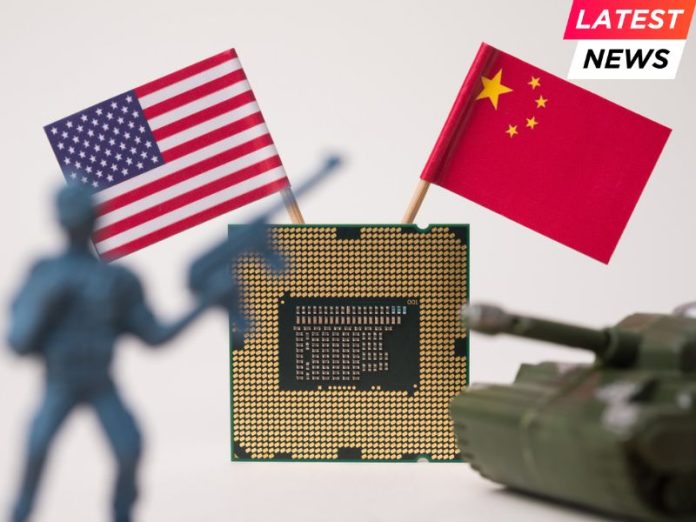Chinese AI startup DeepSeek has shaken the global tech industry with its groundbreaking models, DeepSeek-V3 and DeepSeek-R1. Praised for matching or surpassing the capabilities of U.S. counterparts at a fraction of the cost, these models are sparking debates about the dominance of American AI giants.
DeepSeek’s AI Assistant, powered by the V3 model, has overtaken OpenAI’s ChatGPT to become the most downloaded free app on Apple’s U.S. App Store, raising questions about the sustainability of billion-dollar investments by U.S. tech firms.
The startup reported that training DeepSeek-V3 required under $6 million in computing power using Nvidia’s H800 chips. Meanwhile, the recently launched R1 model is said to operate 20 to 50 times cheaper than OpenAI’s equivalent, positioning DeepSeek as a cost-efficient disruptor in the AI space.
However, skepticism surrounds the company’s claims. Critics, including Scale AI CEO Alexandr Wang, suggest DeepSeek might have access to restricted Nvidia H100 chips, potentially breaching U.S. export controls. Analysts at Bernstein also question the transparency of the startup’s total training costs.
Founded in 2023 by Liang Wenfeng, co-founder of the hedge fund High-Flyer, DeepSeek is already garnering attention in political and business circles. Liang recently attended a closed-door symposium hosted by Chinese Premier Li Qiang, signaling potential governmental support for DeepSeek as a key player in China’s drive toward AI self-sufficiency amidst U.S. trade restrictions.
As DeepSeek continues to disrupt the global AI landscape, its meteoric rise highlights both the promise of cost-effective innovation and the growing complexities of the geopolitical tech race.
Related Readings:








































